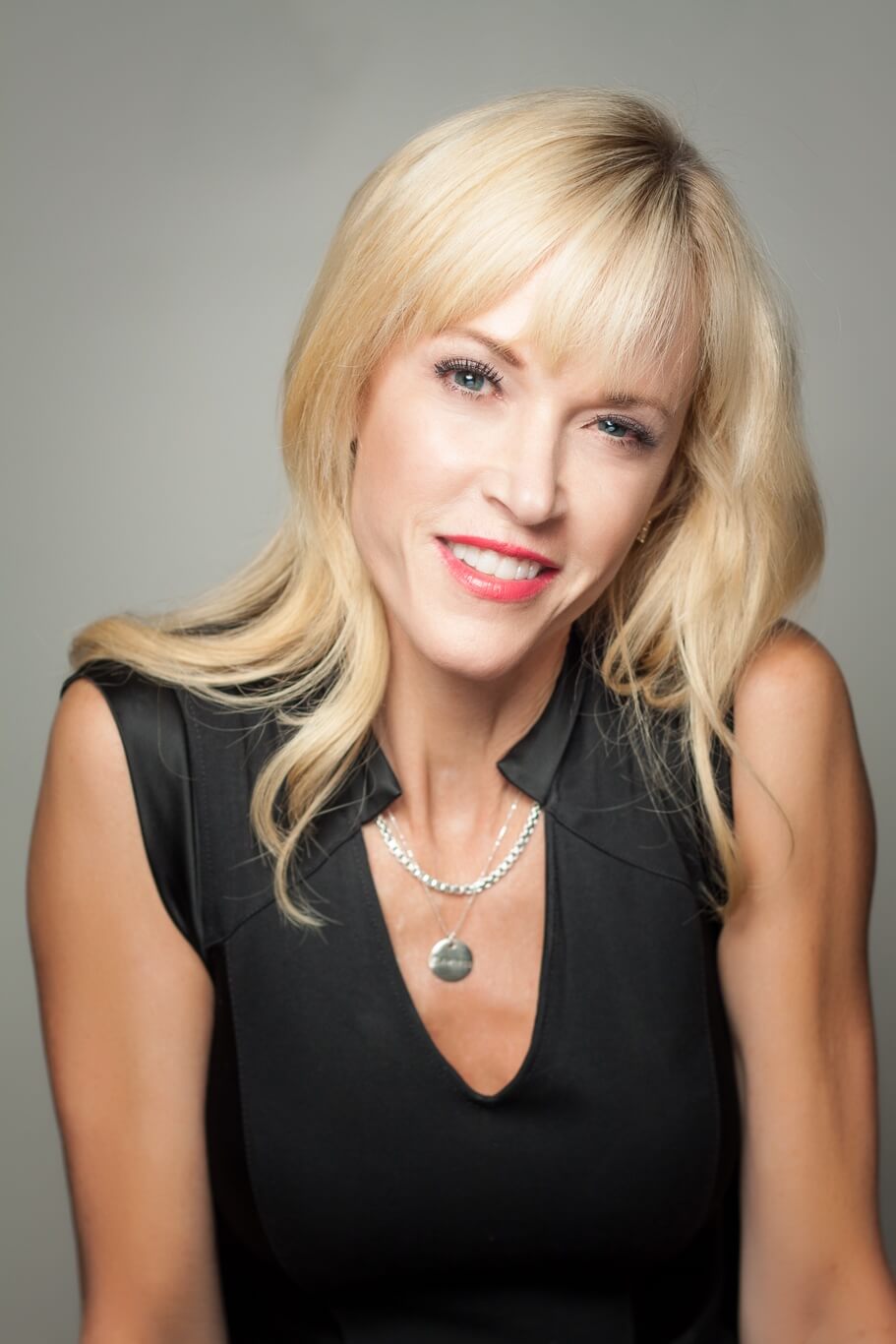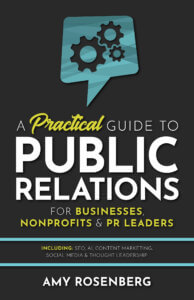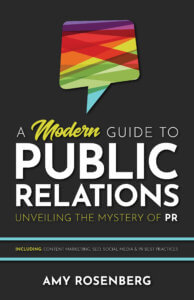![COVID-19 PR Update with Marvin Stockwell [Podcast]](https://www.veracityagency.com/wp-content/uploads/images-of-marvin-stockwell.jpg)
COVID-19 PR Update with Marvin Stockwell [Podcast]
The Power of the Pause
COVID-19 PR Round Two: Marvin Stockwell’s PR Update and Wisdom for Any Situation
Marvin Stockwell comes back to PR Talk to give us an update on COVID-19 PR. We spoke with him way back in March, which feels like ages ago because it was before we even knew how big of an impact COVID-19 was going to make.
Marvin’s update on what he and St. Jude Children’s Research Hospital have been doing since March further deepens the initial advice he gave when I somewhat surprised him by asking how to handle PR during the early days of the coronavirus. His suggestion then was to slow waaaay down and refrain from overreaching with pitches that aggressively tie into an epidemic when your story or client wouldn’t have an obvious reason to do so.
In round two, Marvin gives us more insight into the necessary pause taken by St. Jude and also outlines how they got back into the PR pitching game upon feeling more comfortable.
Asking and Answering an Important Question
To explain the purpose of the pause, Marvin uses an old PR maxim that can be posed during a crisis:
“What would a reasonable person expect a responsible organization to do in a situation like this?”
In customizing this question for the coronavirus, we can ask:
“How would a reasonable person expect a responsible organization to conduct itself during this pandemic and how can my organization be helpful and useful?”
St. Jude took a necessary pause to ask and answer these questions before moving forward blindly.
The Advantage of PR’s Flexibility
While believing it was a great strategy, Marvin recognized how hard pausing was for a “swing for the fences PR guy like me,” who is used to making things happen. Even though it was just a few weeks, it felt like ages to him!
In all reality, “PR is the most flexible, nimble and agile sub-disciplines of marketing,” said Marvin, noting that this hallmark strength of PR puts us at an advantage over other marketing categories. For example, the advertising department may have spent bundles on creative for an ad campaign that is no longer relevant.
Getting Back in the Game
Once that comfort level was established, allowing St. Jude to be helpful to the conversation without overstating or conflating their expertise, it was go-time for Marvin and his PR team. He gives us some examples of how he was able to pitch stories that were related to the pandemic.
Starting with a softer story to ease out of the gate, the PR team pitched a coloring book created by St. Jude that checked all of their boxes in terms of mission and purpose, while also meeting that helpful and useful note for kids, teens — and their parents — during the coronavirus. PR Talk parents can download the Coloring Book here.
The next level PR work was releasing St. Jude Global COVID-19 Observatory and Resource Center for Childhood Cancer — a global study on how the coronavirus affects children with cancer.
The highest level of science PR work will be executed when the team gets to reveal what the data is telling experts.
Reflection During Social Crises
When I brought up the social justice uprising, asking how that affects our role as PR practitioners, Marvin responded with the PR framing question again:
“What would a reasonable person expect a responsible organization to do in a situation like this?”
Since I interviewed him right at the brink of the protests, I mentioned the discomfort that so many feel related to the magnitude of companies putting out statements, some sincere, some not.
“The people who are getting it wrong are the ones that are so keen on rushing a statement out,” Marvin said in response.
We think this wise advice is a great place to stop and reflect on our actions with the press, with our colleagues and with our clients. In this time when we are hit with two world pandemics, it’s important to think before acting and know that in the end we are just doing our jobs.
While our jobs as PR professionals are sometimes hard and confusing, PR Talk covers the type of first-world problems that we are privileged to move through.
About the guest: Marvin Stockwell
Marvin Stockwell is the director of media relations at St. Jude Children’s Research Hospital and the creator of his own passion project, Champions of the Lost Causes blog, podcast and soon to be book!
Listen to Marvin’s initial thoughts from March on how to manage COVID-19 PR, along with his general insight on the special nuances that Science PR can bring.
Marvin originally appeared on PR Talk in a compilation of interviews conducted at PRSA’s ICON 2020.
Connect and follow Marvin on social media:
This episode of PR Talk is brought to you by PRSA Oregon
Throughout Oregon and Southwest Washington, PRSA provides members with networking, mentorship, skill building and professional development opportunities – whether you are a new professional fresh out of college or a skilled expert with 20 years in the industry. Check out PRSAoregon.org for more information on how membership can help you grow and connect.

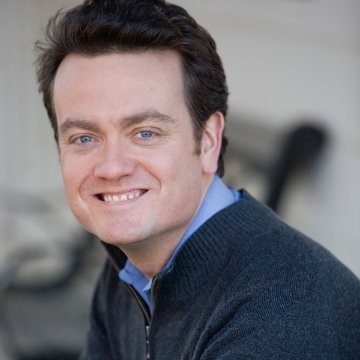
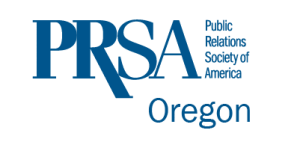
![Multicultural Marketing with Alexis Davis Smith [Podcast]](https://www.veracityagency.com/wp-content/uploads/Alexis-Davis-Smith-website2.jpg)
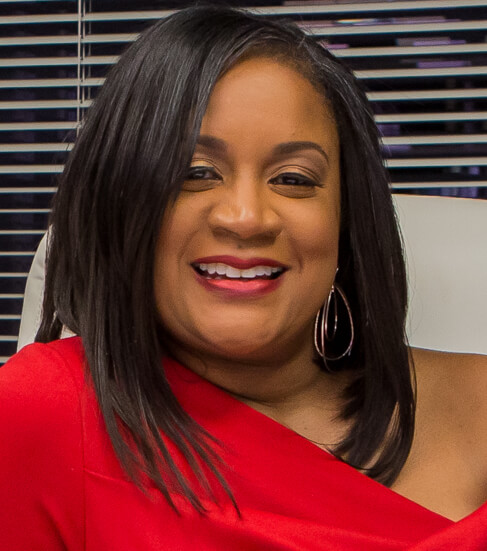
![Job Seeking During COVID-19 with Mac Prichard [Podcast]](https://www.veracityagency.com/wp-content/uploads/Mac-PR-Talk-with-Mac-Prichard.jpg)

![Lauren Reed: The Coronavirus Pivot [Podcast]](https://www.veracityagency.com/wp-content/uploads/Lauren-Reed_PR-Talk.jpg)

![Finding a Job During Coronavirus with Dan Lee [Podcast]](https://www.veracityagency.com/wp-content/uploads/Episode-83-Dan-Lee-Coronavirus.jpg)
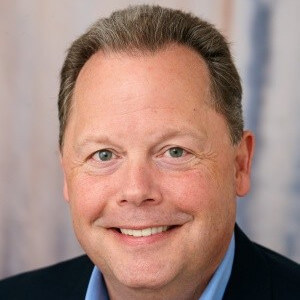
![Sheila Hamilton: Mental Health Advocate [Podcast]](https://www.veracityagency.com/wp-content/uploads/PR-Talk-Sheila-Hamilton_Episode-82-of-PR-Talk.jpg)
